Meta Platforms, the parent company of Facebook, WhatsApp, and Instagram, is making a bold move into AI-driven humanoid robotics. The company is establishing a new division within its Reality Labs unit to develop robots capable of assisting with physical tasks, positioning itself as a competitor to industry players such as Tesla and Nvidia-backed Figure AI, stated in a report.
The initiative will be led by Marc Whitten, the former CEO of self-driving car company Cruise, who has been appointed vice president of robotics. Additionally, John Koryl, former CEO of The RealReal, has joined Meta to enhance its retail strategy for AI-powered devices, including Quest mixed-reality headsets and Ray-Ban Meta smart glasses.
Meta’s Chief Technology Officer, Andrew Bosworth, outlined in an internal memo that the new robotics division will focus on consumer humanoid robots, integrating the company’s AI platform, Llama. This AI model currently powers Meta’s suite of generative AI tools and will play a key role in advancing its robotics ambitions.
Read more: Meta To Begin Layoffs Monday While Fast-Tracking AI Hiring
This expansion aligns with Meta’s broader vision for artificial intelligence and augmented reality, despite financial setbacks within its Reality Labs division, which reported losses of approximately $5 billion in the final quarter of 2024. The company remains committed to long-term innovation in AI and robotics.
While Meta does not plan to launch its own branded humanoid robots immediately, it is working on developing AI, sensors, and software to power robots manufactured by other companies. The company has already engaged in discussions with robotics firms such as Unitree Robotics and Figure AI.
As part of its strategy to strengthen its position in AI-driven consumer technology, Meta is also experimenting with direct-to-consumer retail locations, including a temporary Meta Lab store in Los Angeles. While traditional retail partners will continue to handle most hardware sales, Meta is looking to establish a stronger presence in the market.
For more updates, be with Markedium.


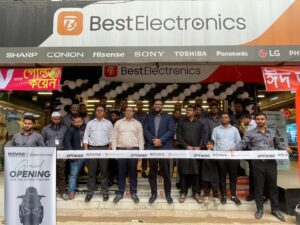

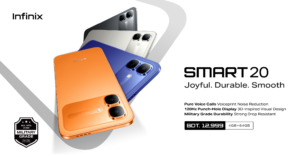























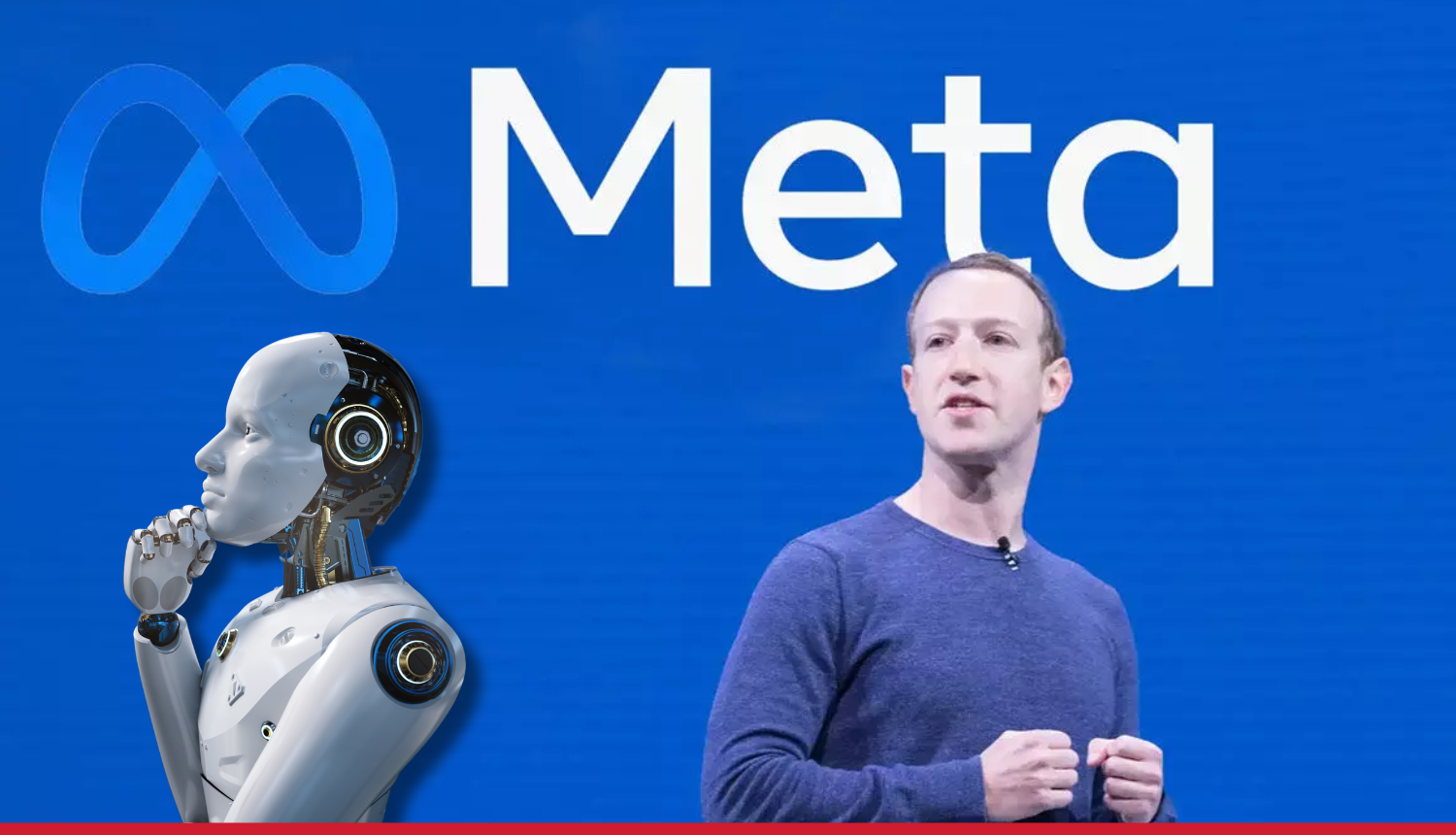


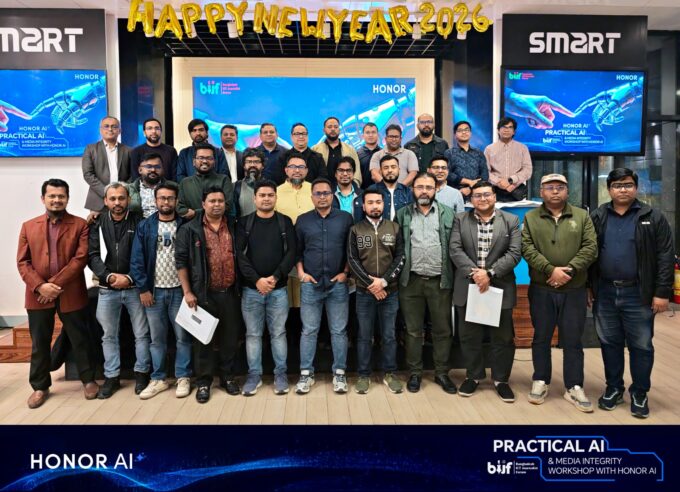







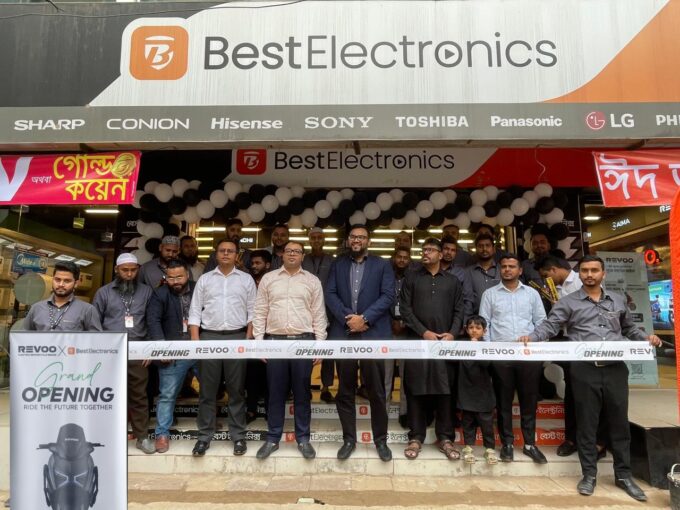
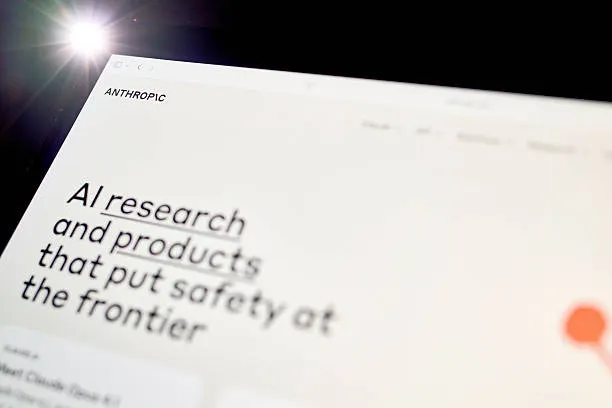




Leave a comment